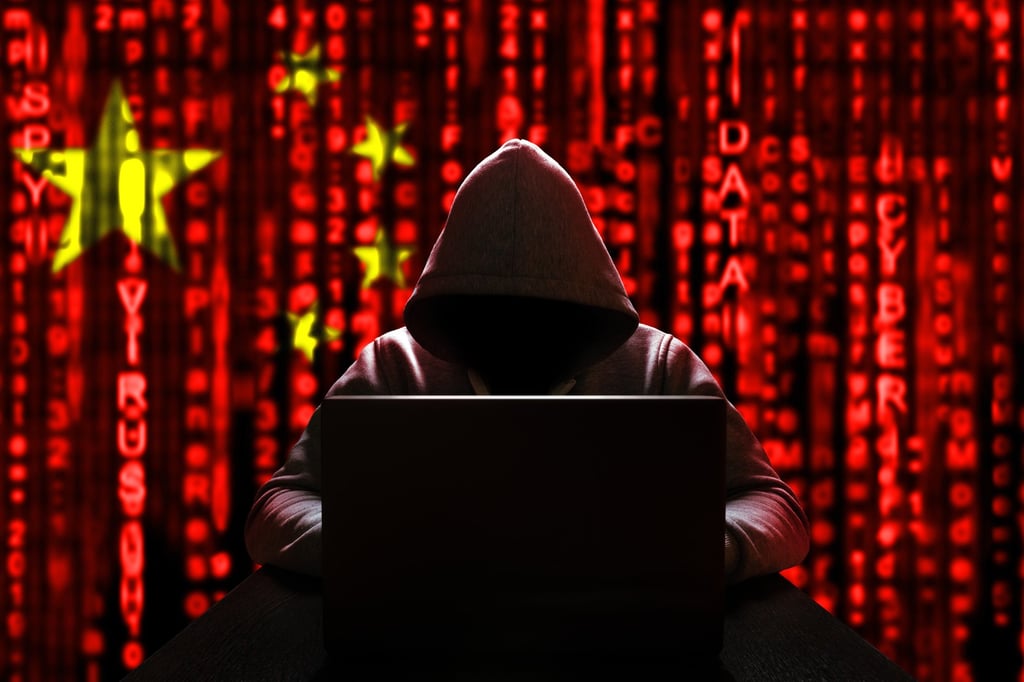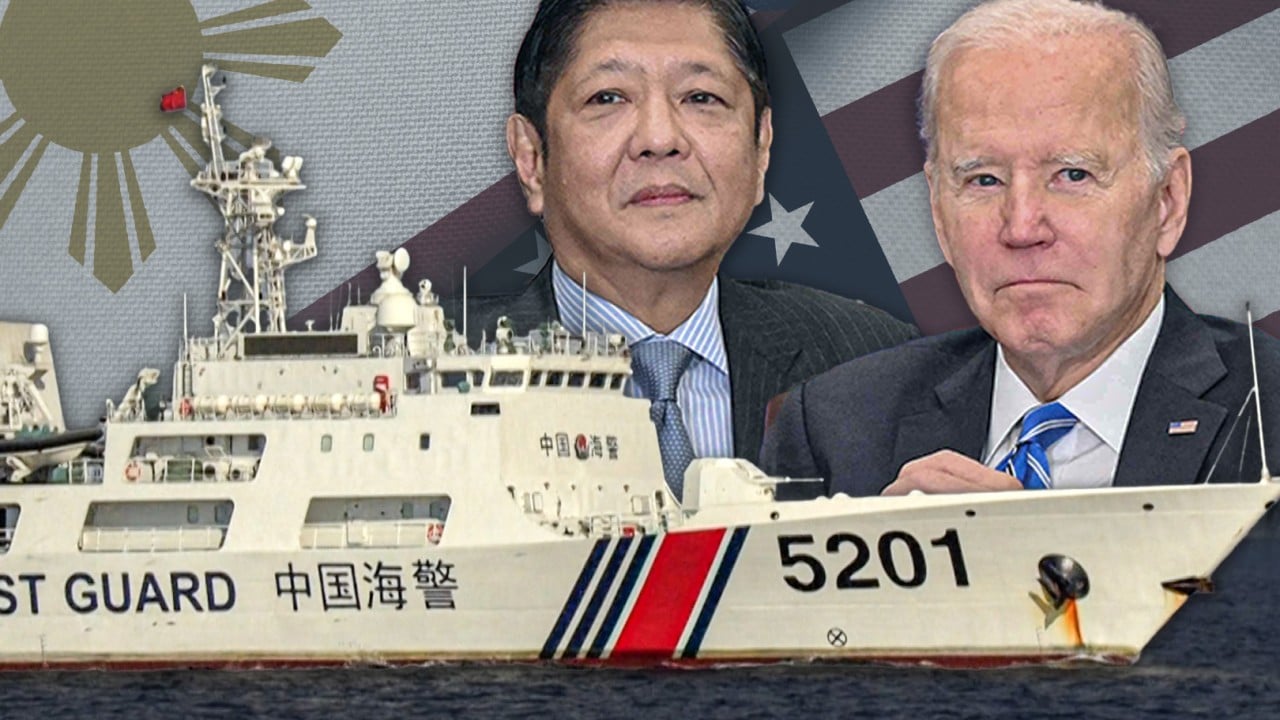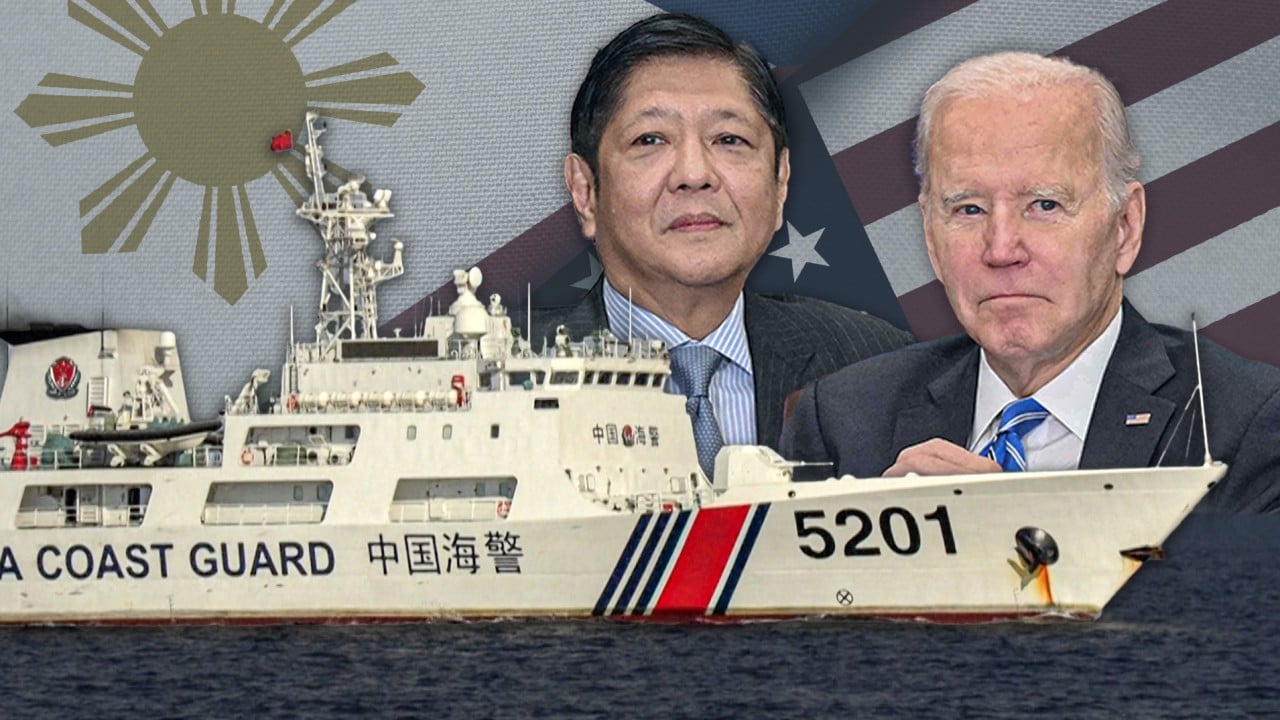The Philippine military is strengthening its security measures and personnel loyalty protocols to prevent the leak of sensitive information to adversaries following the recent guilty plea of a US intelligence officer for selling classified data.
Colonel Francel Margareth Padilla, spokeswoman for the Armed Forces of the Philippines, made the assurance after Sergeant Korbein Schultz of the US Army pleaded guilty last week to selling classified information, including documents about US weapons systems and its annual drills with its Philippine counterparts.
Shultz, 24, had been charged with conspiring to transmit national defence information, exporting defence-related technical data without a licence, and bribing a public official, after selling sensitive military documents to a foreign national believed to be associated with the Chinese government. He reportedly received at least 14 payments totalling US$42,000.
Schultz potentially faces decades in prison. A sentencing hearing has been scheduled for January 23, 2025.

Padilla told This Week in Asia on Tuesday the military was working to strengthen its coordination with its US counterparts by signing an intelligence-sharing deal – the General Security of Military Information Agreement (GSOMIA) – aimed at countering China’s coercive behaviour in the West Philippine Sea, Manila’s term for the waters of the South China Sea that lie within its exclusive economic zone.
Once approved, the agreement will create new protocols for both countries to safeguard top-secret military information and early detection systems for potential threats in the West Philippine Sea.
“We are well within our targets to have it signed by the end of the year. It will give the Philippines trust by the US to handle sensitive information. We are really doing everything to be able to live up to this condition. It’s mutual,” she said.
Joshua Espeña, a resident fellow and vice-president of the International Development and Security Cooperation, told This Week in Asia Shultz’s espionage case was a tactic of cognitive warfare.
“To prevent this, the [Armed Forces of the Philippines] must strengthen all aspects of personnel management, ranging from education, doctrine, leadership, and training. Moreover, I argue that not only uniformed personnel can be guilty of this act, but also civilian human resource personnel of the [armed forces]. Many of them hold low salary grades with almost no benefits,” Espeña said.
“Adversaries might exploit this sorry state of bureaucratic affairs, which is why the [armed forces] must lobby the national government for a bigger defence budget that goes not just into the newest platforms or weapons systems but also into the salary of the civilian workforce as it cannot afford that as a ‘weak link’.”
On July 18, General Charles Brown Jnr, military chair of the US Joint Chiefs of Staff, met Philippine defence officials to reaffirm America’s “solid commitment” to its long-time ally, following a violent confrontation between Filipino and Chinese vessels at the Second Thomas Shoal on June 17.
Brown Jnr inspected selected US military bases under the Enhanced Defence Cooperation Agreement, a pact between the Philippines and the US that allows for large-scale joint military exercises, troops rotation and pre-positioned defence material, equipment and supplies. The inspection was a prerequisite for both countries to approve the GSOMIA.
Padilla said the Philippine military had also raised the salaries of its personnel, so there would be no temptation to secretly sell classified information to Chinese agents, and trained them in countering cybersecurity threats.
“The modernisation of cybersecurity is crucial. There is training of our personnel as to how to use safe channels and encryption from end to end,” she added.
Earlier this month, the Philippines said an investigation was under way over media reports that a foreign journalist, identified as Zhang “Steve” Song, could be a Chinese agent. Zhang was the Manila bureau chief for the Wenhui Daily newspaper from 2021 to 2024.
Local news website Rappler, citing a Philippine intelligence report published in May, said Zhang had met media personnel ahead of the Philippines’ resupply mission to the BRP Sierra Madre, a grounded World War II vessel serving as Manila’s outpost on the contested Second Thomas Shoal in the South China Sea. The media personnel were said to have good knowledge of Philippine military strategies, according to the report.

When asked about Zhang’s possible infiltration of the military, Padilla said they had dedicated units that conducted thorough background investigations to ensure that officers remain committed to their duties and the country’s security.
National Security Council Assistant Director General Jonathan Malaya on Monday confirmed some members of China’s Ministry of State Security were operating in the country.
“There are still others. We have known for quite some time. That’s a normal thing countries do. So of course it is now the responsibility of counter-intelligence security,” Malaya said, referring to Zhang’s case.
Former Supreme Court judge Antonio Carpio said the country needed to update its anti-espionage law – crafted during World War II – which stated that treason could be committed only during wartime.
“A lot of Filipinos turned traitors to our national interest, and we cannot go after them because we are not at war. We have to update criminal laws on treason and update our law. It should be punishable during wartime and peacetime,” he said, noting that disclosure of state secrets and information would be covered under treason.
China’s policy was to win a war without firing a shot, and updating the law was one way the Philippines could protect itself, Carpio said.

Malaya’s revelation regarding the investigation into Chinese agents operating in the country came after Alice Guo, the former mayor of Bamban town in Tarlac province, entered the spotlight over suspicions she was a Chinese asset.
Guo, who is facing an arrest warrant issued by the Philippine Senate, reportedly managed to leave the country last month while investigations continue into her alleged links to an illegal online gaming firm in Bamban.
Police in March raided a compound in Bamban that was allegedly run by Philippine offshore gaming operators with Chinese links, which led to the investigation into Guo’s background. In June, President Ferdinand Marcos Jnr ordered a total and immediate ban on Pogos in the country.



